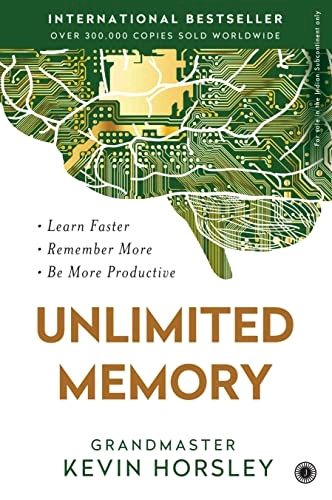Childhood trauma can disrupt brain development from "summary" of The Body Keeps the Score by Bessel van der Kolk, M.D.
Childhood trauma can disrupt brain development in significant ways. When children experience trauma, their brains become hyperaroused, making it difficult for them to regulate their emotions and responses to stress. This can lead to a state of constant vigilance and hypervigilance, where even minor triggers can set off a cascade of physiological and emotional reactions. This heightened state of arousal can also disrupt the development of the prefrontal cortex, which is responsible for higher-order thinking, decision-making, and impulse control. As a result, children who have experienced trauma may struggle with executive functioning skills, such as planning, problem-solving, and self-regulation. This can have long-term consequences for their ability to succeed in school, work, and relationships. Furthermore, trauma can impact the development of the hippocampus, which is involved in memory and emotional regulation. Children who have experienced trauma may have difficulty forming and consolidating memories, leading to gaps in their recollection of past events. This can make it challenging for them to make sense of their experiences and process their emotions in a healthy way. In addition, trauma can affect the amygdala, which plays a key role in the processing of emotions and the "fight, flight, or freeze" response. When the amygdala is overactivated due to trauma, children may have difficulty regulating their emotions and may be more prone to outbursts of anger, fear, or anxiety. This can make it challenging for them to navigate social situations and form secure attachments with others.- The impact of childhood trauma on brain development can be profound and long-lasting. It is important for caregivers, educators, and mental health professionals to be aware of these effects and provide appropriate support and interventions to help children heal and thrive. By understanding how trauma can disrupt brain development, we can work towards creating a more compassionate and trauma-informed society.
Similar Posts
Brainhealthy habits can improve overall quality of life
By adopting brain-healthy habits, you have the power to greatly enhance your overall quality of life. These habits can positive...
Cognitive biases can lead to irrational decisionmaking
Cognitive biases are subtle mental quirks that can have a major impact on our decision-making processes. These biases occur whe...

Practice mindfulness to improve focus and memory
To improve focus and memory, it is essential to practice mindfulness. Mindfulness involves being fully present in the moment, p...
Understanding trauma helps in healing and recovery
Understanding trauma is a crucial step in the process of healing and recovery. Trauma can leave lasting imprints on the body an...
Regular exercise boosts cognition
One of the most powerful ways to improve your brain function is through regular exercise. When you engage in physical activity,...
Chronic stress can lead to physical health problems
The impact of chronic stress on physical health is profound. When our bodies are constantly in a state of high alert, our immun...

